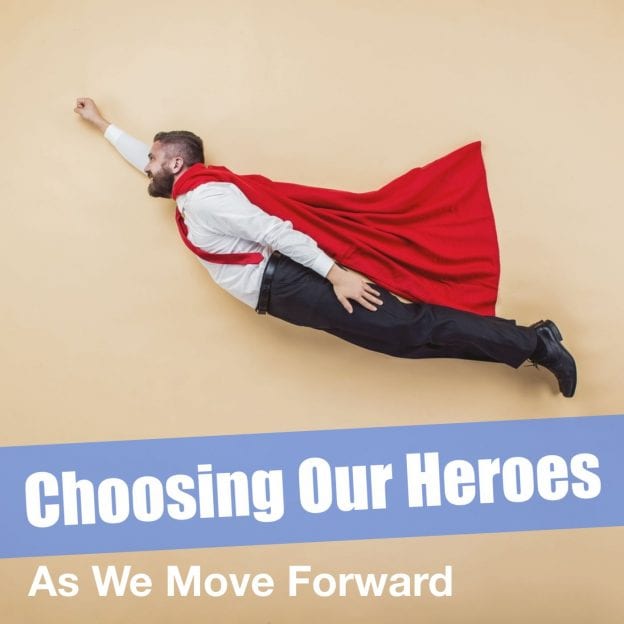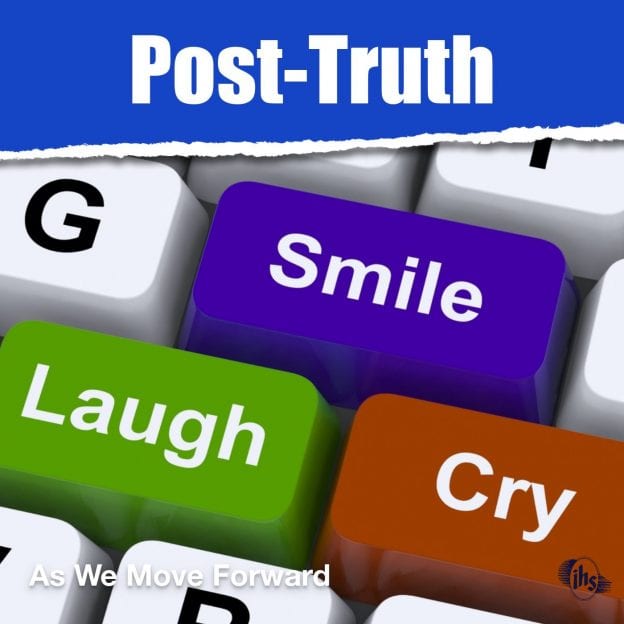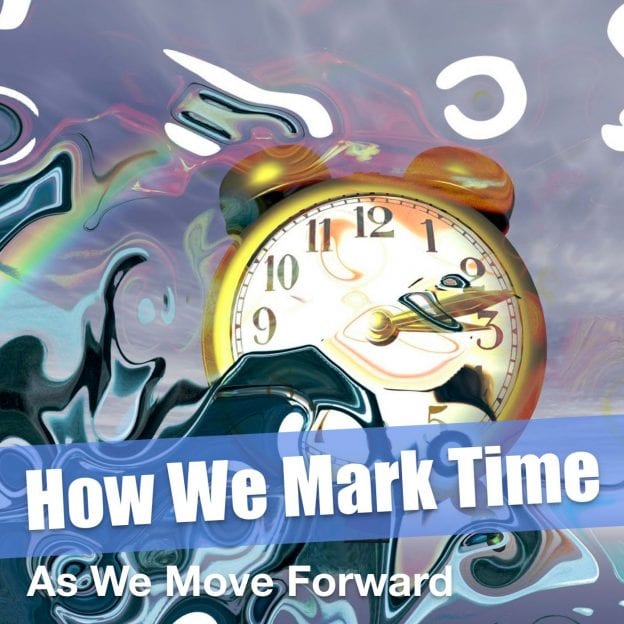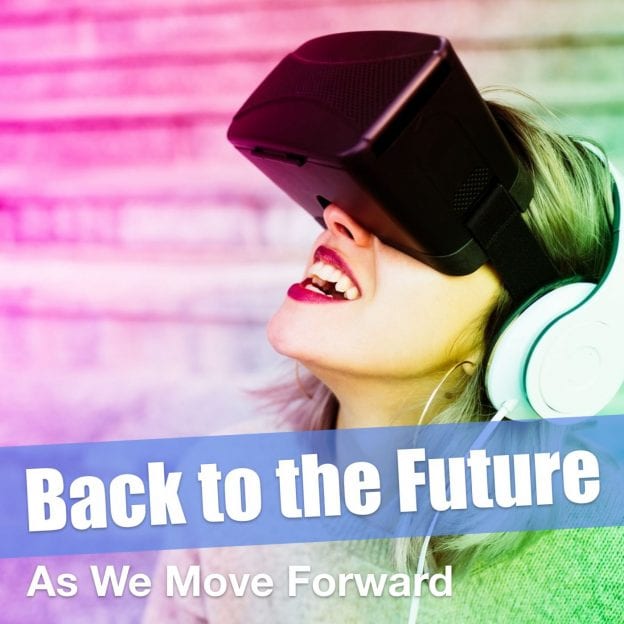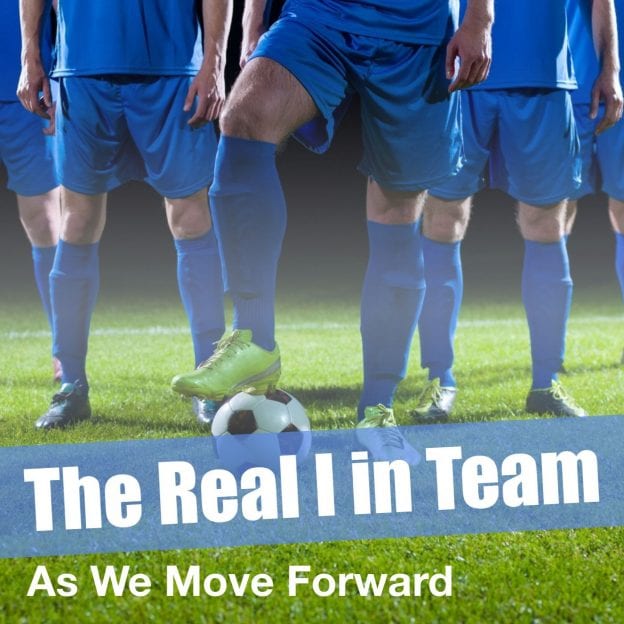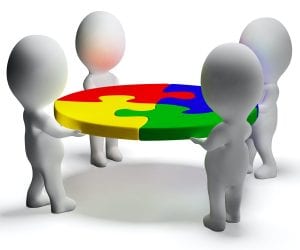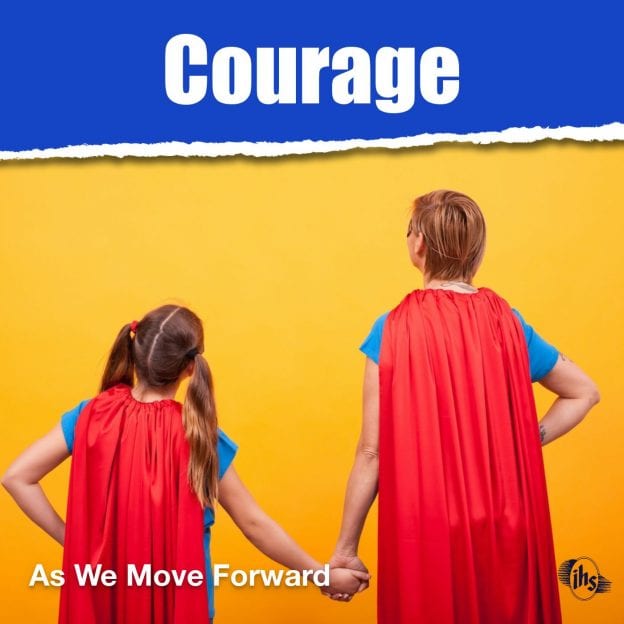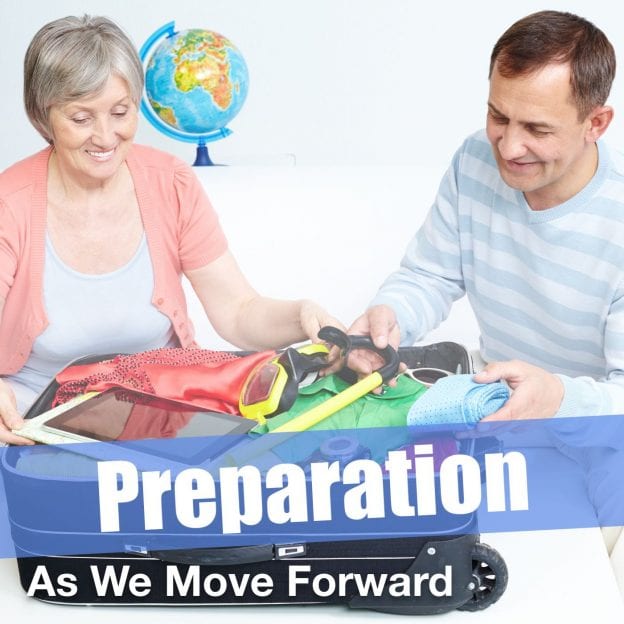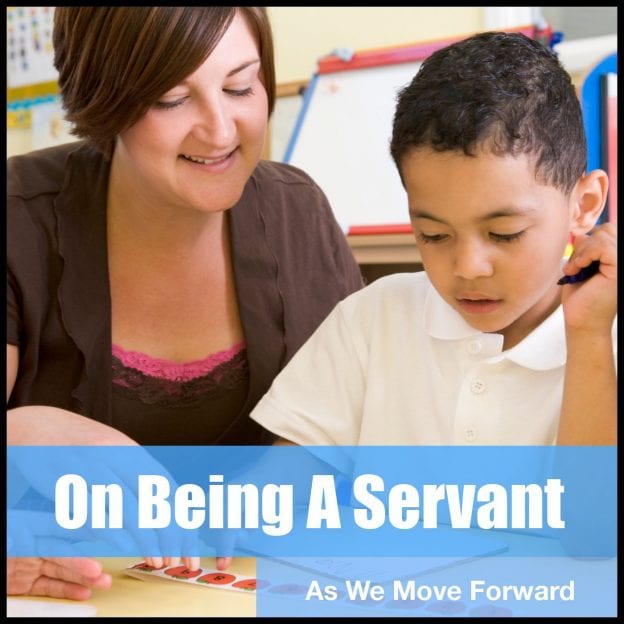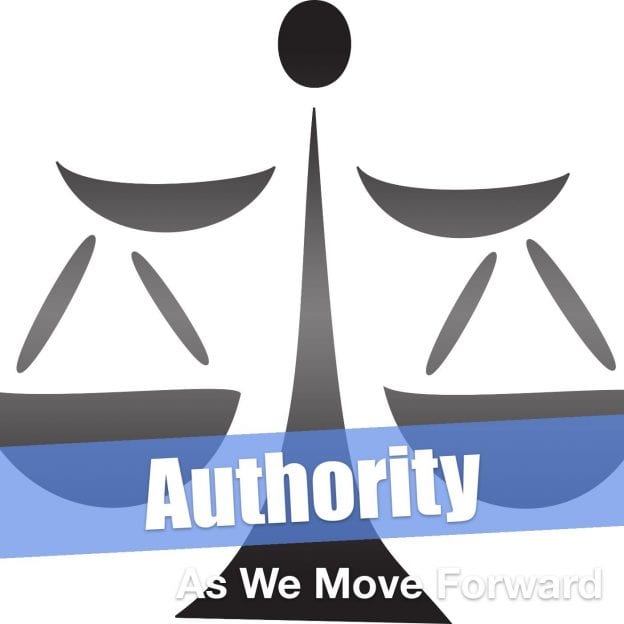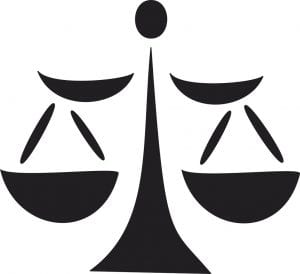
Who are the heroes in your life? Who do you look up to as role models for the ways you respond in various situations? Typically, our first heroes are our parents. It is amazing how each child takes for granted the belief that their particular life situation is absolutely normal. We see our parents as the absolute last word on every subject. I think most children want to grow up to be exactly like one of their parents.
This cast of heroes gradually increases as we get older and have experiences with more people. The cast of heroes can include siblings, other, usually older, children in the ever expanding world of a young child. The cast of heroes can include characters from books, movies and television as well as from real life. Children might aspire to be such things as a ballerina, a singer, a cowboy, policeman, fireman. It would be interesting to discover how many people first got the idea for their calling in life from a role model, one way of describing a hero, who played a significant role in a child’s life.
There are numerous accounts of someone like a teacher, a doctor a coach or perhaps a supervisor or boss who has served as the guide, role model, hero to give someone the vision to achieve incredible things. It is difficult to overestimate the value of this influence on the success a person is able to achieve.
Again, the question of who the heroes are in your life are presents itself. Did you reach as high as possible in choosing heroes to serve as the guiding force in your achievements? Taking a realistic look at who you have chosen as heroes and where that has gotten you can lead to a realistic appraisal of what you have accomplished so far in life.
It may be that you could have chosen loftier heroes. It is possible you might have let go of some heroes too early in life to truly benefit from their example as a guiding light in your life. Do you need to choose different heroes to guide you at this point in your life? One difficulty of growing older is that we lose some of our heroes and the source of new ones may not seem readily apparent to us.

As we move forward, it is important to examine the importance of choosing the best possible heroes in keeping the course of our lives on track. Another thing we should be aware of is that we may serve as heroes for someone else. The nature of healthy relationships requires us to keep this model of hero/role model in proper focus.
As we move forward, let us seek the best heroes possible and strive to be the best role models possible for others. Our world still needs heroes. Who are yours?
If you would like to receive new As We Move Forward posts, please subscribe to the As We Move Forward mailing list by clicking here. I release entries on a bi-weekly basis.We have a podcast containing the As We Move Forward articles read by Jae Bloom.

